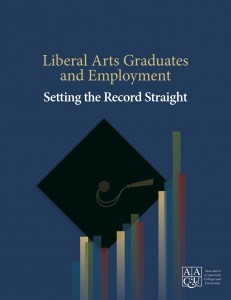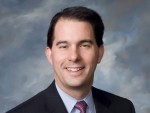Leaders of the University of Wisconsin System, the Wisconsin Association of Independent Colleges and Universities, and the Wisconsin Technical College System released an open letter to President Barack Obama and members of the United States Congress expressing support of the president’s overall vision to improve access and affordability in higher education.
At the same time, the chancellors and presidents expressed deep concern over changes to the Postsecondary Institution Ratings System (PIRS). They are worried that the system could limit student choices and financial aid, ultimately harming affordability and access for the state’s students.
Their letter listed three items of concern:
- The proposal to tie federal financial aid to college rankings which could unfairly harm institutions that serve disadvantaged students who might take longer to complete a degree.
- Data about admission, cost, students and faculty are public and widely available. The creation of a new system could be redundant.
- Ratings systems can lead to standardization, resulting in less innovation. The leaders support regulatory waivers that would allow campuses to pursue new educational delivery models.




 Kathleen Gallagher of the
Kathleen Gallagher of the